Private school families have been dealt a devastating blow after they lost a High Court challenge to Labour’s VAT on fees.
The judicial review claim, heard earlier this year, aimed to have the 20 per cent tax overturned – benefitting half a million pupils nationwide.
However, in a judgement handed down this morning, judges rejected all the claims.
The controversial tax, pledged in Labour’s manifesto, came into force in January this year.
Three groups of families – most of whom are anonymous – joined private schools in bringing a legal challenge against the policy.
Their lawyers argued the tax is a breach of children’s right to an education under the European Convention of Human Rights.
The various families also said it was ‘discriminatory’ – either because their child has special educational needs (SEN), has a preference for a religious education, or because they need an all-girls environment.
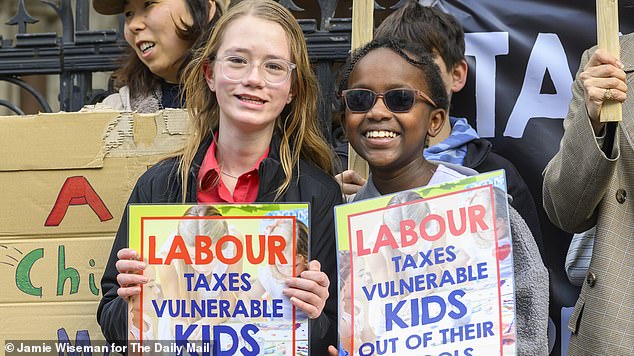
Private school families have been dealt a devastating blow after they lost a High Court challenge to Labour ’s VAT on fees (pictured: children protesting against the policy last month)
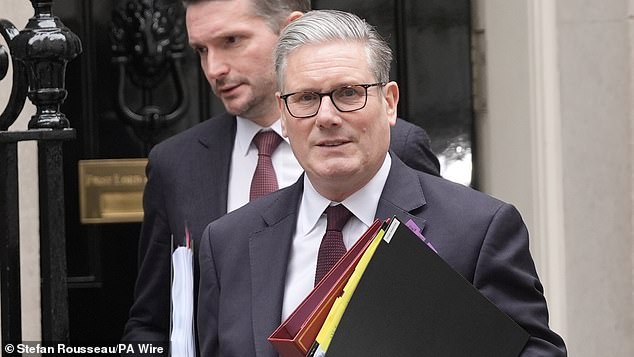
The judicial review claim, heard earlier this year, aimed to have the 20 per cent tax overturned – benefitting half a million pupils nationwide (pictured: Sir Keir Starmer)
At the opening of the court case in April, families of children with SEN from all over the country protested outside.
They said they have been forced to choose the private sector due to the state provision for SEN being so poor – but cannot afford the extra cost of the VAT.
During the case, lawyers argued that even a report by the National Audit Office (NAO) had said SEN provision in the state sector was ‘not delivering for children’ and ‘unsustainable’.
And they pointed out Education Secretary Bridget Phillipson appeared to agree, saying in October that the report highlighted a ‘broken’ system.
Government lawyers sparked outrage by trying to claim the NAO evidence was ‘inadmissible’.
Sir Lindsay Hoyle, the Speaker of the House of Commons, was criticised at the time for backing the Government’s position.
However, today’s judgement, judges agreed the evidence was ‘proceedings in Parliament’ and therefore inadmissible.
During one of the hearings, it was also revealed Labour had considered making an exemption for SEN children, but then decided it would not raise enough revenue.
In written submissions, Sir James Eadie KC, representing the Government, said: ‘Having considered 17,502 consultation responses, the Government rejected the exemptions… because they were incompatible with the principles underpinning the policy, namely being revenue diminishing, unfair, unworkable and/or administratively onerous.’
He said the ‘central objectives’ in implementing the tax included ‘raising additional tax revenue annually by 2029-2030 to invest in public services, including the state education system, and enhancing the fairness of the tax system overall.’
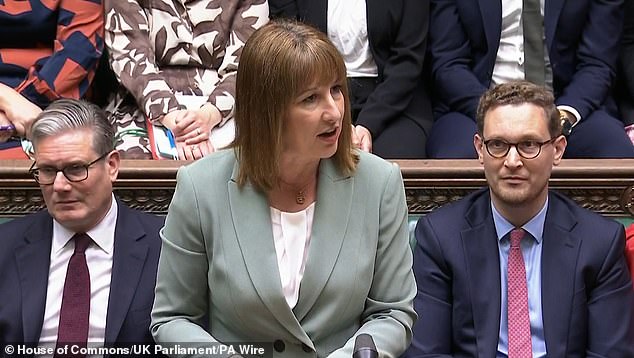
The Prime Minister (pictured with Chancellor Rachel Reeves) previously provoked outrage after suggesting his housing pledge was made possible ‘because’ of VAT on school fees
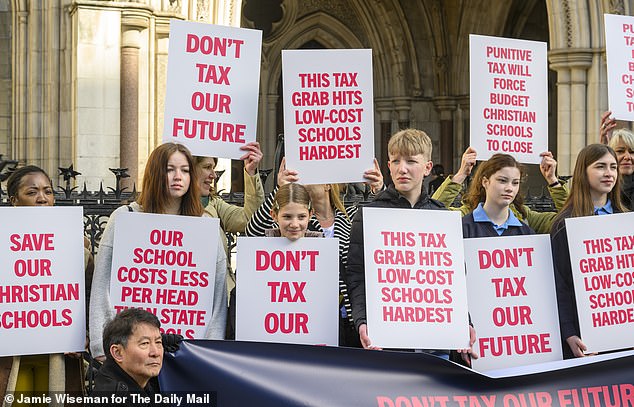
The judicial review claim, heard earlier this year, aimed to have the 20 per cent tax overturned – benefitting half a million pupils nationwide (pictured: pupils protesting earlier this year)
And he added that the Office for Budget Responsibility (OBR) projected the measure will yield exchequer revenue of £1.5billion in 2025/26, rising to £1.7 billion per year by 2029/30.
There is already an exemption in place for SEN children who have an education, health and care plan (EHCP), which entitles them to a higher level of state-backed support.
However, only a small proportion are able to get an EHCP, leaving the vast majority of SEN families having to pay the tax.
Among the other claimants are Jewish pupils at specialist religious private schools who fear anti-Semitic attacks if they go into the state sector.
There is also a girl who had to attend a single-sex private school – the only all-girls school in her area – due to ‘harassment’ by boys at her co-educational state school.
And there are also claimants using Christian private schools because they cannot obtain the same religious education in the state system.
One is Stephen White, who has chosen not to be anonymous, and whose eldest four children are at Bradford Christian School, a private Christian school in West Yorkshire.
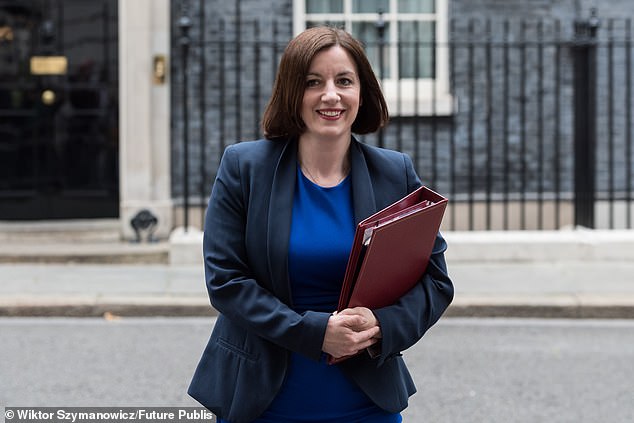
At the opening of the court case in April, families of children with SEN from all over the country protested outside (pictured: Education Secretary Bridget Phillipson)
In April, he helped stage a protest outside the High Court to mark the opening of the case, joined by dozens of other parents from around the country not involved in the case.
It comes after the Prime Minister was criticised yesterday for appearing to suggest the money raised from the tax would now be spent on housing, not teachers.
The Government has always maintained the tax is necessary to raise money for state schools – including providing 6,500 new teachers.
However, in an X post after Wednesday’s Spending Review, Sir Keir appeared to suggest housing will now be the beneficiary.
He wrote: ‘In the budget last year, my government made the tough but fair decision to apply VAT to private schools.
‘The Tories opposed it. Reform opposed it.
‘Today, because of that choice, we have announced the largest investment in affordable housing in a generation.’
Replying, Tory leader Kemi Badenoch said: ‘You said “every penny” would go into state schools… but now it’s housing?’
In October 2024, the OBR estimated the new tax would lead to 35,000 fewer pupils in private schools.











